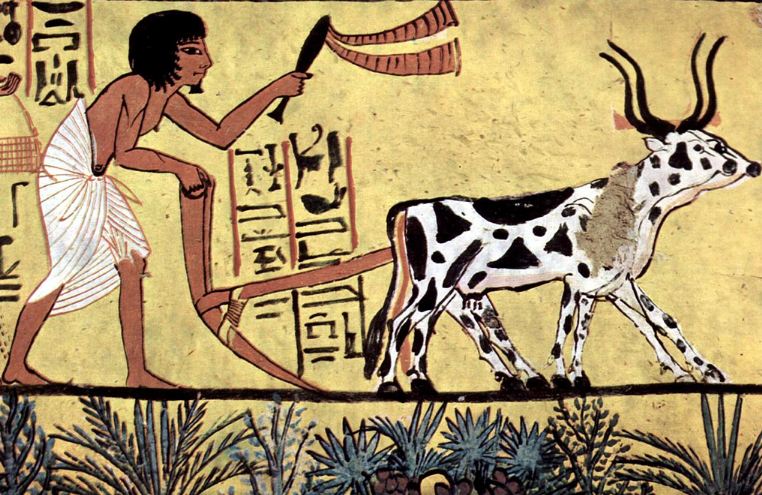The human diet includes a variety of foods, which we can find in our world. Despite the several processed foods available in our modern world, a lot of people still consider cooking food fresh from the farm. That is why, as the population grows, so does the increase in demand for different crops and livestock.
With the development of modern technologies, people also started to make scientific advances in the agricultural field. This feature allows us to live in cities and still be able to have access to fresh vegetables and livestock.
Despite the common practice of agriculture performed by our ancestors, some scientists devote to its study to gain more understanding of its properties and learn more efficient methods related to it. Furthermore, these studies conducted by scientists became a field of science called agricultural sciences.
Not to be confused with agriculture, agricultural sciences offers a much broader scope of study about the scientific explanations of the various fields in agriculture. Agricultural science has several other sub-topics, wherein each of them focuses on specific scientific research about agriculture.
In this article, we are going to learn more – what exactly are agricultural sciences? What is its history, and what are the other branches of science related to it?
What is Agricultural Science?
Agricultural science is a broad field of study devoted to the scientific understanding of agriculture, and it has a wide range of studies, which build knowledge of various agricultural techniques, plant information, and many others. This field of study requires a deeper understanding of other branches of science, such as biology, geography, botany, zoology, entomology, and many more.
Here are some of the branches of science related to agricultural science:
- Agricultural biotechnology –is the branch of agricultural science devoted to the modification of living organisms, such as plants and animals. Scientists perform these modifications with the help of various tools and techniques, as well as a deeper understanding of scientific studies, such as genetic engineering.
- Agricultural chemistry –from the name itself, it is the area of agricultural science focused on the study of chemistry related to agriculture. This study heavily relies on organic chemistry and biochemistry, which are used to process raw products into food and beverages.
- Agricultural diversification –is an area of study in agricultural sciences that deals with the re-allocation of farms’ productive resources, including land, capital, and farming equipment.
- Agricultural education –is a branch of agricultural science that focuses on the teaching of agriculture, natural resources, and land management.
- Agricultural economics –is a field of economics devoted to the application of economic theory related to agriculture.
- Agricultural engineering –is the engineering of agricultural processing and production. It requires fundamental knowledge of various disciplines of engineering, such as mechanical, civil, electrical, food science, and chemical.
- Agricultural geography – is a sub-discipline of human geography related to the spatial relationships between humans and agriculture.
- Agricultural philosophy –is a discipline of agricultural science devoted to the systematic critique of the philosophical frameworks, which serves as the foundation for decisions related to agriculture.
- Agricultural marketing –is the branch of agricultural science that deals with the study of services involved in moving the agricultural products from the farm to the consumer.
- Agricultural soil science –is a field of soil science that focuses on the study of edaphic conditions related to the production of food and fiber.
- Agronomy – is one of the main studies of agriculture. It is the science and technology that deals with the production and utilization of plants in agriculture for food, fuel, fiber, and land restoration. It requires a broad knowledge of several branches of science, such as botany, theoretical production ecology, horticulture, plant breeding, and plant fertilization.
- Entomology – is the branch of science that deals with the study of insects, which is categorized under zoology.
These are only some of the many fields of study related to agricultural sciences. Over the years, scientists continue to develop more ways to improve agricultural production and processing to provide more food to our growing society. That is why agricultural science is essential in our modern world since it helps in the advancement of agriculture, which helps in fulfilling the demand for plants and livestock for the increasing population.
